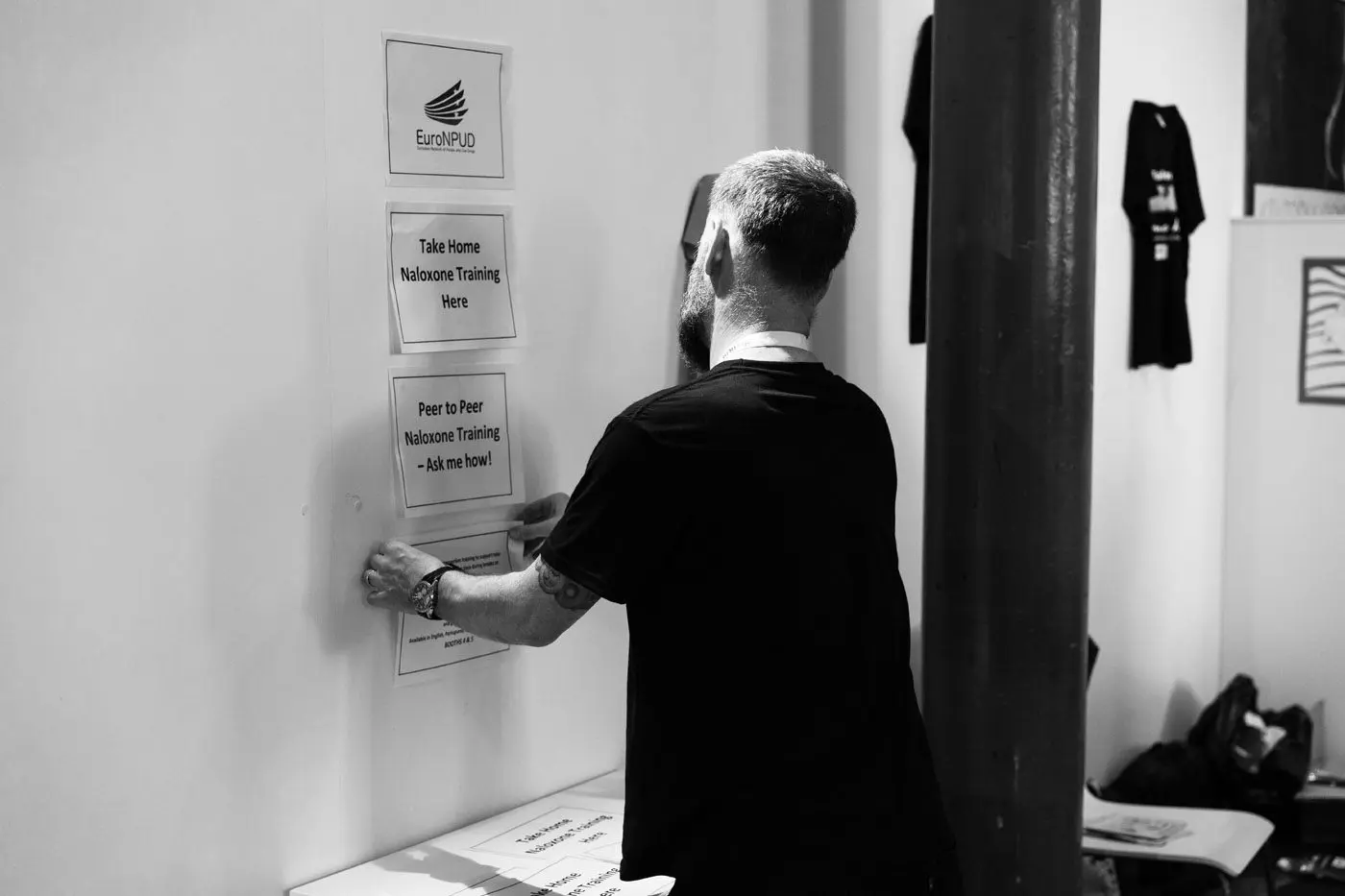The Harm Reduction Consortium: The Problem of Representation: Building Global Capacity for Harm Reduction Networks
The Harm Reduction Consortium advocates on behalf of people who use drugs for greater access to harm reduction, specifically HIV-related harm reduction services, with the ultimate goals of creating inclusive social and legal environments, decreasing human rights violations, and increasing civil society capacity.
The Consortium was established in 2013 and comprises seven international and regional harm reduction, drug policy, and drug user networks: Harm Reduction International (HRI), Youth RISE, the Middle East and North Africa Harm Reduction Association (MENAHRA), the Eurasian Harm Reduction Association (EHRA), the Eurasian Network of People who Use Drugs (ENPUD), and the European Network of People who Use Drugs (EuroNPUD) – led by the International Drug Policy Consortium (IDPC). The Consortium solidifies the long-standing collaborative relationship these networks have had for many years and officially pools their strengths and resources.

The European Network of People who Use Drugs (EuroNPUD) promoting peer-to-peer naloxone distribution at the international harm reduction conference in Porto, April 2019. Naloxone is an essential medicine that can reverse the life-threatening effects of an opiate overdose. Credit: https://nigelbrunsdon.com/
The Consortium has always worked closely with other allies in the field to make positive change for people who use drugs. They are always looking critically at their work to find gaps in service and representation. For example, they do not have official networks in Asia and Africa, but work with national networks for the time being to fill that gap in their coverage. International networks in the Consortium prioritize work in Asia and Africa, until such a time that more official regional representation can be secured.
The Consortium had been supported by RCF since 2014. The 2016-18 grant allowed the Consortium to continue to expand their reach by building up the capacity of partner harm reduction networks. A particularly successful example was a project which ‘twinned’ ISP Networks in Europe. There is a significant variation in the capacity of national drug user networks. Some networks, like in Germany, have been firmly established for decades, while other countries’ networks are underdeveloped and under-resourced. To combat this issue and strengthen capacity across Europe, EuroNPUD, with assistance from the Consortium, began a program for well-established networks to pair with less established networks in a coaching type of relationship.
EuroNPUD applied a portion of the RCF grant to this project, giving small grants of $1,500 and three days of technical support to emerging national networks in Czechia, Italy, Spain, Slovenia, Portugal and Greece. The paired coaches from developed networks conducted site visits and attended focus groups with local people who use drugs, observing the network’s functions and providing insights and recommendations. EuroNPUD also developed a Network Strengthening Guide and relevant webinars to support the coaches and the new networks.
These development grants supported networks’ development, communications, capacity building, and advocacy. They also helped the networks hold strategic planning meetings, capacity building events, and focus groups.
The country visits allowed local networks and stakeholders to share their experiences and receive valuable feedback, but also highlighted the need for longer term support. The Consortium plans on continuing the twinning project beyond 2019, and seeks to increase the support they can provide to nascent networks. Through RCF funding, the Harm Reduction Consortium was able to empower six new regional networks, and lay the seeds for increased regional capacity across Europe.